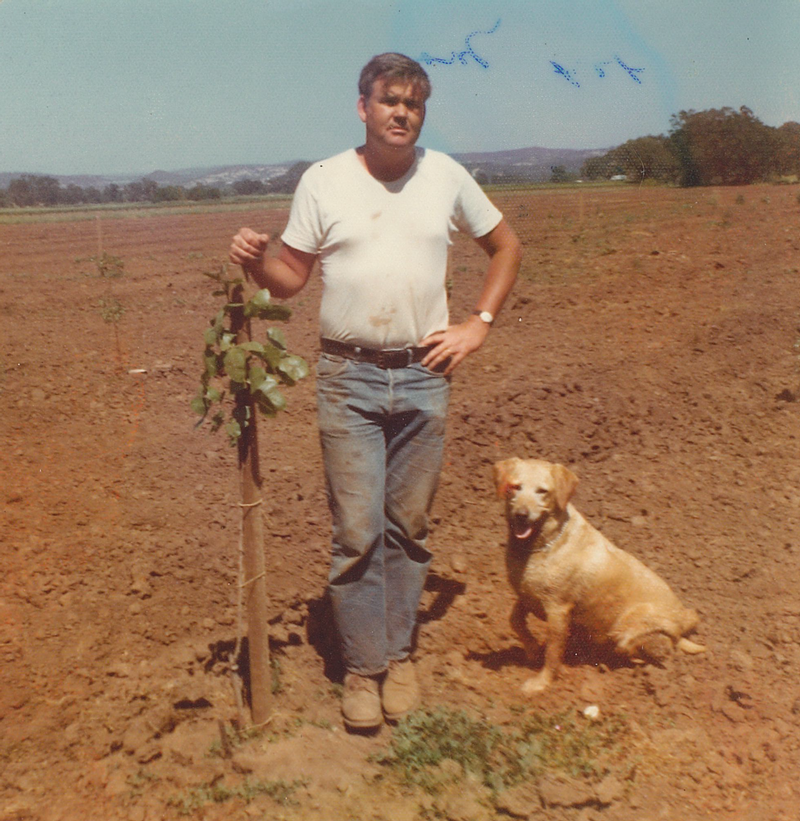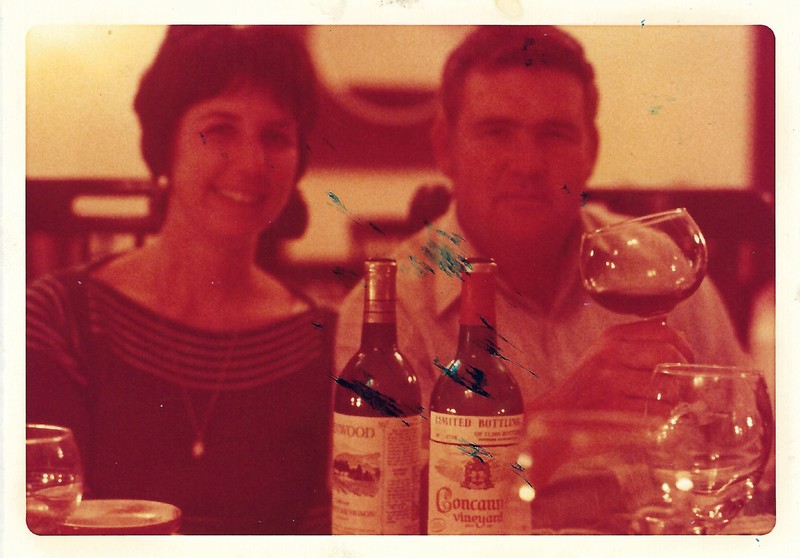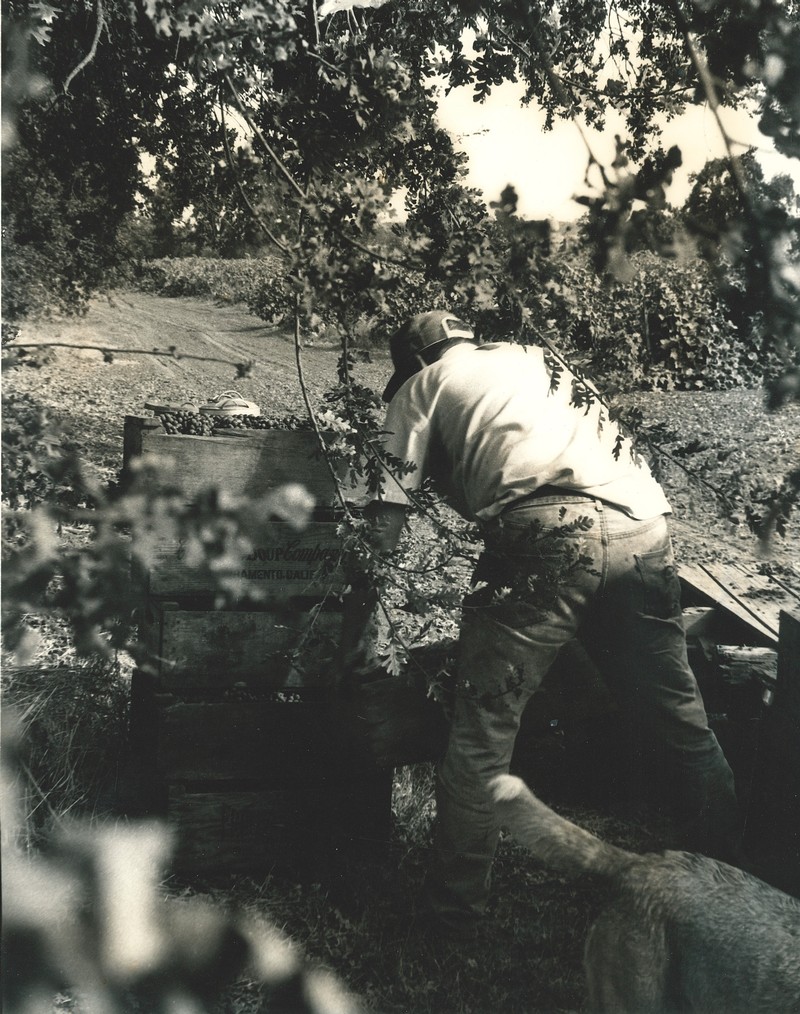Why Ports and Portuguese Varieties
50 years ago, before today’s bearded beanie-wearing hipster winemakers were even a glimmer in their boomer mom’s eyes, my father chose a different path in California viticulture. His road was not defined by his outfit1, or schooling, but by his innate curiosity, entrepreneurial spirit, and love of farming. He had a simple vision. To grow world-class port-styled wines in his Amador County vineyard. This was not something he stumbled upon by accident, but an intentional effort of purpose. Some would call him crazy, others foolish, but he rarely cared what other’s thought, and instead chose his own path.

When I was two months old, my parents purchased our property in Amador County. They were told grapes would grow well so they planted Zinfandel and began selling the winegrapes. Knowing little about wine, but ever curious, my dad soon found himself partnering with four doctors, and opening a fine wine shop. The endeavor attracted like-minded wine enthusiasts and soon they were regularly tasting the world’s finest wines. This was the 1970’s and the US wine culture was in its infancy.
My dad fell in love with Portuguese Ports, and we were soon making our own homemade batch from Zinfandel grapes - foot stomping them in a garbage can in our front yard. It was good but didn’t taste anything like the Portuguese. Nor did any of the commercial ones being made in California at the time. His curiosity led him to UC Davis where he found a handful of indigenous Portuguese varieties available as bud wood.

He soon grafted five rows of Zinfandel to Touriga, Bastardo, Tinta Cao, Alvarelhao, and Souzao.2 Those first Portuguese grapes ripened in the fall of 1981 and were sold to a passionate winemaker who shortly after harvest filed bankruptcy. They had purchased our entire crop and failed to pay the bill. This came on the heels of another wine corporation breaking our contract right before harvest. Threatened with survival, my dad reclaimed the young port, and bootlegged it to a friend’s winery in the foothills.
He concluded he didn’t need anyone else’s help going broke, that he was quite capable of it himself, but by bottling the young wine, at least he could control his destiny. That was 1981, and that wine became our first vintage port.
It was a hit, and we soon found our ports being sold from the top restaurants in New York to the leading retailers in Los Angeles. The wines were good, really good, and the varieties seemed to find a natural affinity in our foothill vineyard. The dry hot days, cold nights, and sandy loam created ideal conditions resulting in vibrant aromatic well-structured wines. Wines with staying power and a sense of place.
My dad’s guiding principles were equally simple. First, grow the right grapes in the right spot. Second, as a small winegrower, you must find your niche, and be good at it. Third, farming and winemaking is a natural process, and you need to work with nature to grow the healthiest grapes and make the most interesting wines. And finally, no BS. There was a lot of horseshit in wine world, and he was going to speak the truth.

Throughout the 80’s and 90’s his vision grew and soon we were making dry table wines from Portuguese varieties, white ports, tawny ports, and others. We expanded our acreage, redeveloped our vineyard, changed our trellising, and planted more varieties. Business was not easy, but we survived and made better wines.
This was my world as a child, teenager, and young adult. I was “free” labor spending countless hours in the vineyard and cellar and inheriting my dad’s sense of curiosity and guiding principles.
Today, we like living outside-of-the box, and we are committed to building on my father’s legacy. We have plans. Really interesting plans, and some exciting new wines to share with you in the months ahead.
Stay tuned! You will not want to miss this!
Footnotes
- My dad had basically one outfit. 501 Levi’s, collared shirt, and work boots.
- The Alvarelhao in California would later be identified as Touriga Nacional. They weren’t sure what the “Touriga” was we received, but I believe it to be a different clone of Touriga Nacional. And Bastardo is the Portuguese synonym for Trousseau.